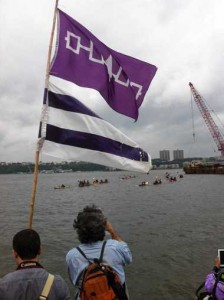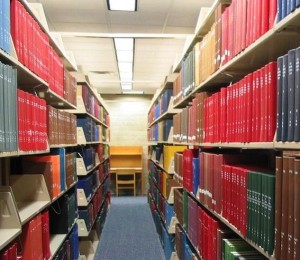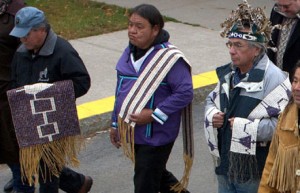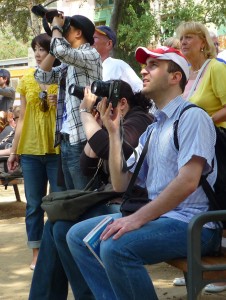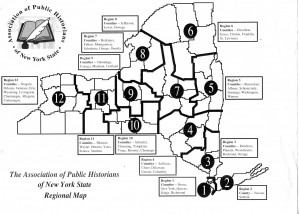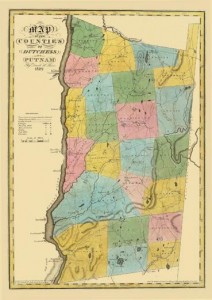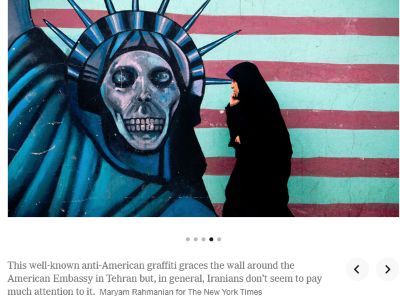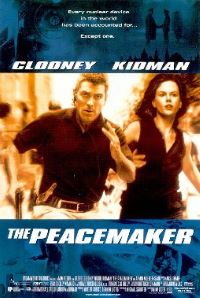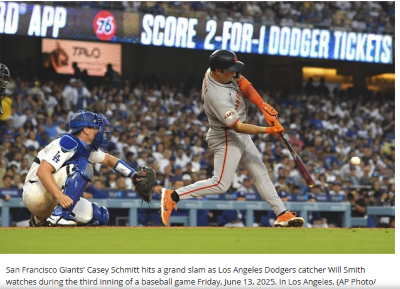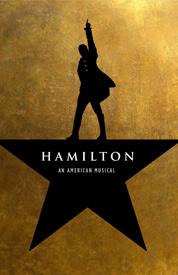
Can Alexander Hamilton once again ride to the rescue of America? This overblown claim deserves a second look. In previous posts, I examined the impact of the new musical Hamilton in an America with a desperate need for a We the People story that transcends the hyphenization now running rampart in our society.
For Americans, authenticity means being true to the Constitution, an evolving document which was amended in the beginning, throughout American history, and which can be amended again. Continue reading “Alexander Hamilton: America’s Savior Redux”


